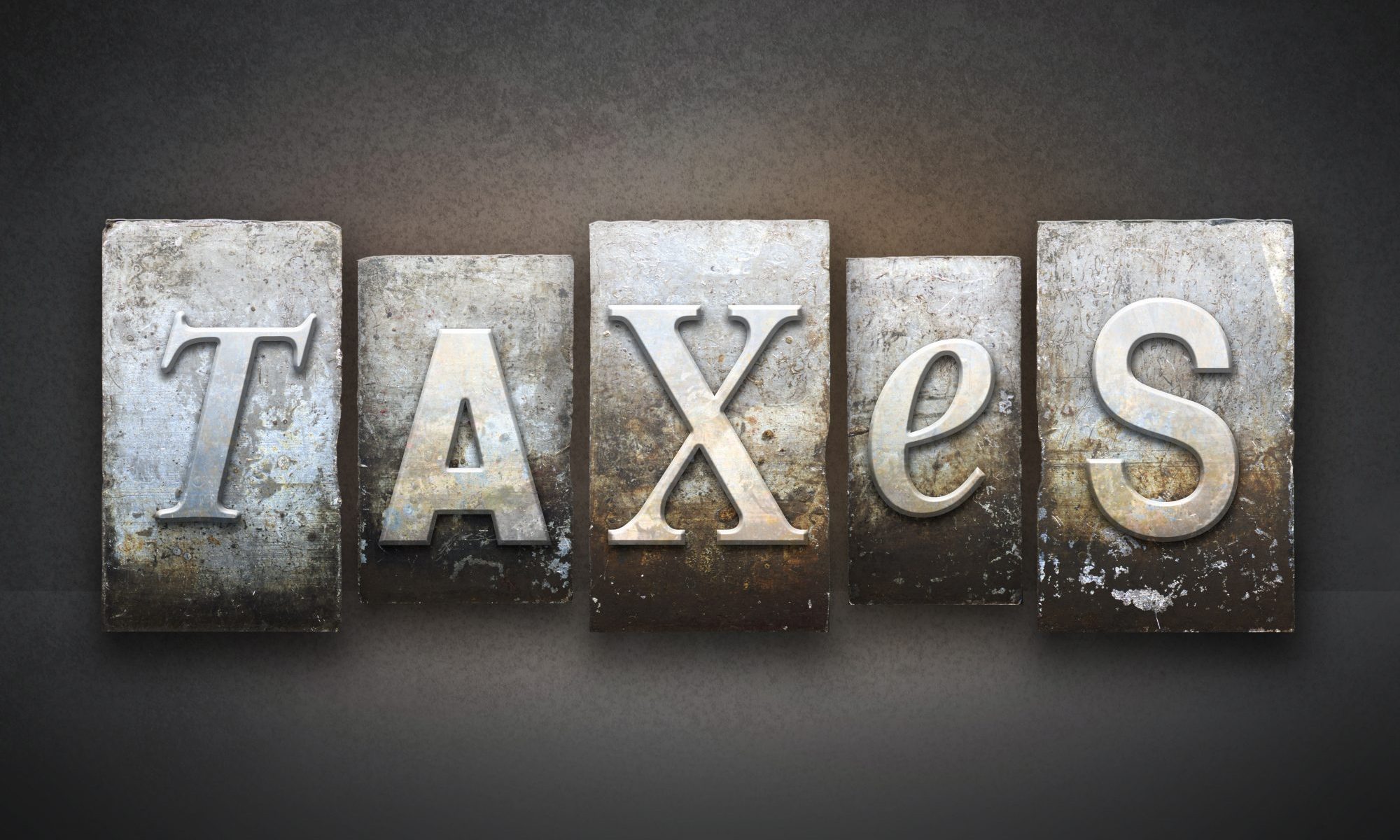Alabama will soon collect use taxes, similar to sales taxes, on more sales made through online vendors like Amazon and eBay.
Gov. Kay Ivey signed HB470, which requires the new taxes to be collected and remitted to the state, into law last week. HB470 was sponsored by Rep. Rod Scott, R-Fairfield. Third-party sellers will be required to report sales to the Alabama Department of Revenue and notify customers of their tax obligations.
A use tax is functionally the same as a sales tax, but it’s levied on purchases made outside one’s state of residence on taxable items that will be used or consumed in one’s state of residence when no tax was collected in the state where the product was purchased.
For the last several years, the state has been moving to update its tax code to catch up with the rise in online sales. The increase of such sales, particularly on websites like eBay and Amazon, has hurt Alabama’s tax revenues. An “Amazon Tax”, the Simplified Sellers Use Tax Program, implemented in 2015, levied a sales tax on products sold from online retailers like Amazon, but only on products sold by them directly.
A large portion of Amazon’s sales come from third-party vendors who use the website as a marketplace to reach customers. This new law will require an 8 percent sales tax to be collected on those items as well.
“This legislation will help bring about a competitive balance between brick-and-mortar retailers in Alabama and third-party online sellers, while streamlining the collection of use taxes that are currently due on online transactions,” Ivey said. “Use taxes are an important funding resource for Alabama’s General Fund and local governments, and the monies collected will be used to improve and expand much needed services.”
Existing sellers participating in the Simplified Sellers Use Tax program that establish a physical presence in this state — through the acquisition of an in-state business — can continue to participate in the SSUT program.
Before the tax was launched in 2015, online sellers with no physical storefronts or presence in the state did not have to collect and remit use taxes on sales made from within Alabama. The lack of a tax, proponents of the change said, put brick-and-mortar businesses as a disadvantage because they were required to collect sales taxes and the online retailers were not.
Ivey’s office said the SSUT did provides a streamlined, easily-accessible method for eligible online sellers to voluntarily collect and remit a flat, state-wide eight percent tax on all items delivered into Alabama, but it wasn’t required. HB470 changes that by requiring the collection of the use tax on all products.
The new law will also change the way the tax revenue is distributed to localities. The state currently receives half of the online use tax collections, while municipalities and counties receive the other half. The local half is then split in half again and distributed to each individual locality based on their population.
Under HB470, which will go into effect in January 2019, 60 percent of the local half will go to municipalities and counties will get the other 40 percent. The other half will stay with the state.
According to Ivey’s office, almost 200 sellers are participating in the SSUT. It’s generated more than $87 million in collections since it began, and more than $27 million in revenue was collected in the first four months of the 2018 fiscal year.
The Department of Revenue estimates that increased collections from third-party online sellers could result in a $40 million increase in tax revenues annually — an increase that will be desperately needed as the state is expected to face another budget shortfall next year.
















































